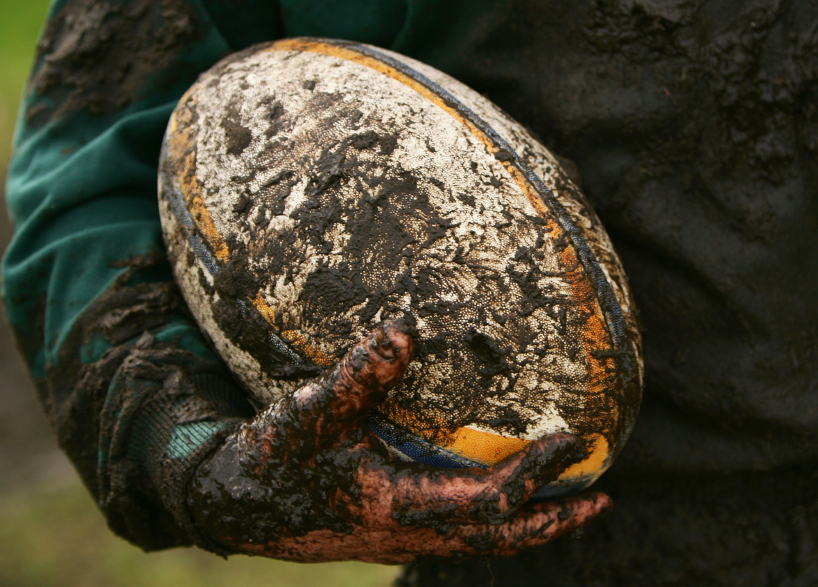Rugby wrestles with doping troubles
Just two months after substance abuse testing showed record good results at the Rugby World Cup Sevens in Moscow, Scottish rugby has found itself in spin over a new doping scandal. Although 19-year-old Sam Chalmers has said that he regrets his actions, describing them as stupid and naive, his case highlights the pressures on young would-be stars to reshape their bodies until they make the grade.
Chalmers, who was a utility back with Melrose RFC, may have felt more pressure than most as he is the son of former Scotland player Craig Chalmers. Acknowledging that he needs to take responsibility for his actions, he said in a statement: “After my experience, I would certainly encourage young players to seek out the correct advice from the right places before taking any kind of supplement or product.”
Chalmers said that he had felt he was under pressure to be bigger. This is an issue that seems to be increasingly problematic in the modern game. Because access to the sport has grown wider and because improved nutrition has led people in general to grow bigger, those now reaching the top of the sport are bulkier than ever before. Rugby pitches have not grown to accommodate these bulkier players, and the increasingly aggressive game that has developed as a consequence has made this bulk all the more important. As a result, only a tiny proportion of people will ever have the physique needed to get to the top. Taking banned substances seems to some like a way to beat the system.
The Keep Rugby Clean campaign has been set up to challenge this, offering advice and support in addition to practical information on how the rules work. Run by the International Rugby Board (IRB), the campaign acknowledges the pressures but maintains that, overall, the situation is improving. “We’re very happy that all our tests during RWC Sevens returned negative results for banned substances and it’s further proof that our anti-doping education policy is working well,” said Ilaria Baudo, the IRB’s anti-doping manager for testing and education.
The IRB cautions players against taking any dietary supplement without the advice of a qualified nutritionist, as preparations vary and it is therefore difficult to be certain what might show up as problematic in substance abuse testing. It stresses the importance of a healthy, well-balanced diet and notes that not all supplements have been scientifically shown to have the benefits that are claimed for them.
A total of 5,553 tests were conducted within rugby in 2012, with 61 cases of substance abuse detected. Tests that used to apply only at the top level of the sport now have a much wider reach, with potentially interesting consequences. If substance abusers are caught young, they usually face a ban of no more than two years and receive the targeted support they need to develop a healthier approach to the sport. This means they may be able to return to the sport and compete legitimately at a time when they still have the prospect of pursuing professional rugby careers.

